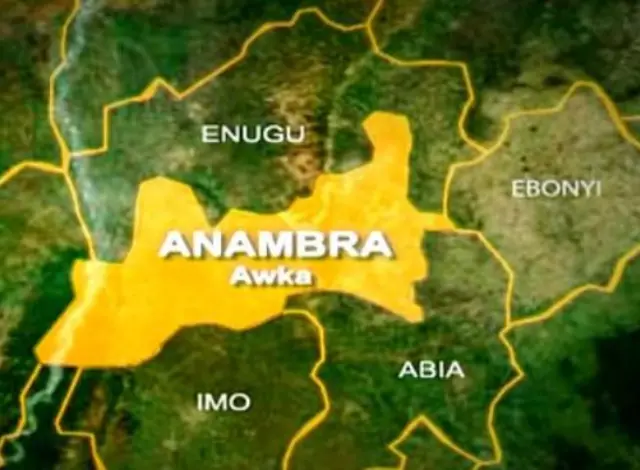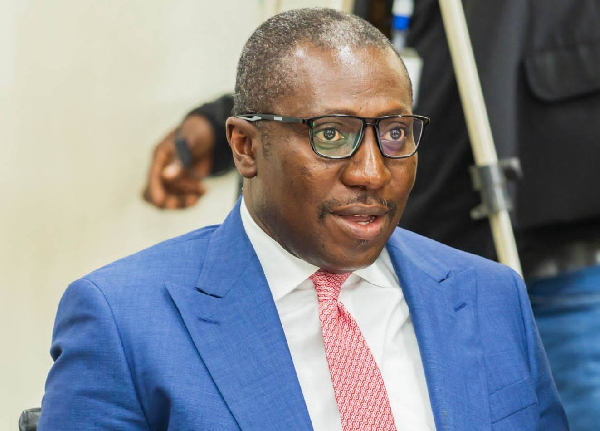Anambra: New Homeland Security Law Not Targeted at Traditionalists
•Onitsha community decries elimination of emerging leaders
David-Chyddy Eleke in Awka
The Anambra state government has denied that the new Anambra homeland security law, which led to the arrest of native doctors preparing charms for suspected kidnappers, is targeted at traditional religious practitioners.
In a press statement, the Commissioner for Information, Dr Law Mefor, stated that the state executive council at its meeting made the clarification on Monday.
He said, “Anambra State Executive Council (ANSEC), at its second meeting of the year, which took place in the Council Chamber on February 10, 2025, gave Operation Udo Ga-Achi, the state’s new security intervention, a high rating and urged it not to relent.
“While reviewing the impact of the new Anambra State Homeland Security Law 2025, the council chastised those demonising and misrepresenting the new law as being against traditional worship.
“Traditional religion is an essential component of Igbo traditional religion and culture. The new law was designed to combat crime and criminality committed by quacks and evil native doctors, particularly those who pervert and alter the core values of the Igbo society, those who promote and teach the acquisition of wealth without work, and those who deceive the younger generation and unwary members of society.”
He said the council further reaffirmed that the state government has not and would not outlaw traditional worship.
The Council further called for moral rearmament and social re-engineering to restore the lost values of the society and ensure a healthy future for the state.
Meanwhile, Onitsha Community in Anambra State, has expressed sadness and outrage over the tragic death of the lawmaker representing Onitsha North Constituency 1 in the State House of Assembly, Hon. Justice Azuka.
The community, after a town hall meeting at Ime Obi Onitsha, said the abduction of Azuka on Christmas Eve, December 24, 2024, and the subsequent discovery of his dead body on February 6, 2025, had sent shockwaves through the community.
They therefore demanded a solution to the growing insecurity in the state, calling on Governor Chukwuma Soludo to work hard to stem the tide.
They also lamented that Azuka, a lawmaker who had shown signs of being a potential leader in the community was killed in such gruesome manner, after the death of a youth leader in the community, Kpajie ABK Offiah, who was killed last year after he and the Commissioner for Youth Development, were kidnapped on their way to Abuja for the wedding of the daughter of the governor.
“The community is still reeling from the attack on Hon. Patrick Agha Mba, the Anambra State Commissioner for Youth Development, his wife, and Ernest Offiah, leader of the Onitsha Youth Council (OYC), which resulted in the tragic death of Offiah on his way to Abuja.
“The recent attack on Honourable Nweze Tony Nwora, the Mayor and Chairman of Onitsha North Local Government, on February 4, 2025, further emphasised the escalating insecurity in Onitsha metropolis.
“Justice Azuka’s undeniable dedication to the community and public service include his selfless service to the community during the COVID-19 pandemic as a member of the Onitsha Community Covid Response Team (OCCRT).
“His role as a co-founder and active volunteer of the NGO, Stroke Action, Life After Stroke Centre in the community for the rehabilitation of stroke survivors, in addition to his diligence and devotion as a legislator who was very close to his constituency.
“We demand answers and actions from the authorities to address the growing concerns about safety and security,” a statement by the community stated.
The statement further asked salient questions: “Why did it take over 40 days to locate Hon. Azuka, and was the government’s response adequate? Why was there a lack of communication from the authorities to the public and the family of the deceased?
“Will the authorities establish the truth without fear or favour, and ensure that those responsible for Justice Azuka’s murder are brought to book? Will the state government address the root causes of insecurity and establish a mechanism for providing emotional and material support to victims’ families?”










